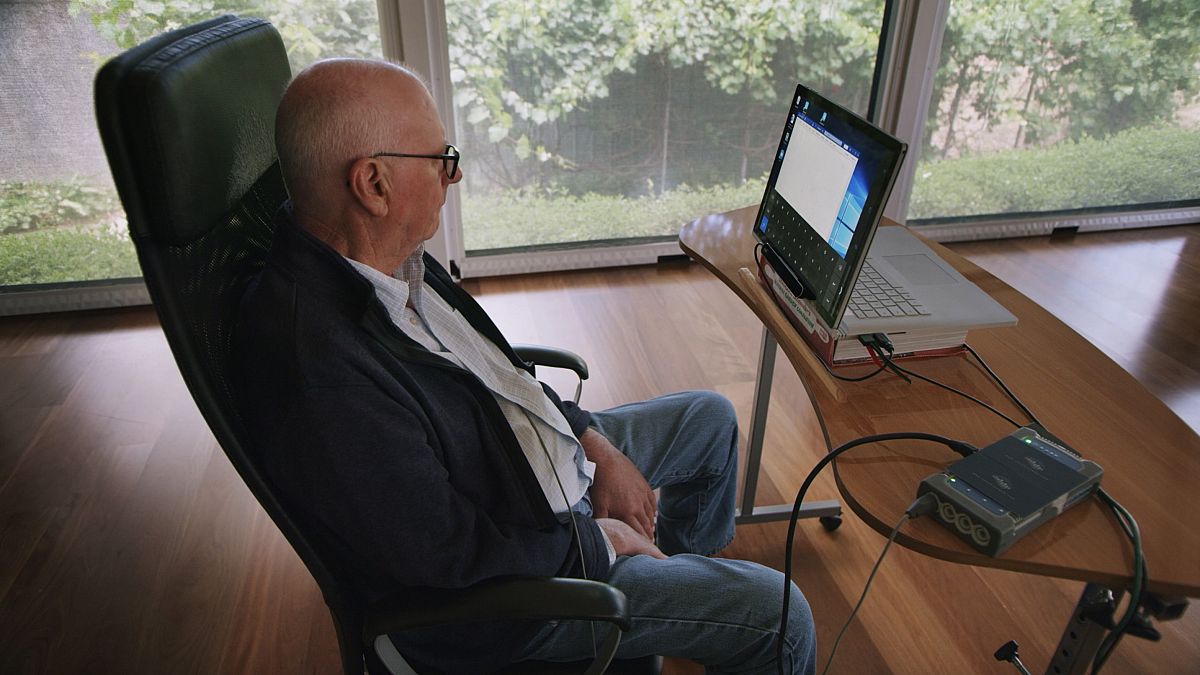Neuralink's first human trial has shown how brain-computer interface (BCI) technology can transform the lives of patients with disabilities, helping them become more independent. Neuralink, Elon Musk’s brain implant company, is three paralysed patients to participate in a study aiming to assess the effectiveness of their brain-computer interface (BCI) device. The company recently concluded its first human trial, which successfully helped Noland Arbaugh, a 30-year-old patient paralysed from the neck down, to regain some autonomy through its implantable BCI device.
It also last week announced it had opened registrations in the UK. However, Arbaugh's journey with the implantable chip was not without challenges, as the device faced issues after implantation. According to a Neuralink blog post, several threads retracted from his brain in the weeks following the surgery, causing Arbaugh to lose some of the abilities he had regained.

Neuralink had to refine the algorithm, which ultimately allowed for improvements that "superseded Noland’s initial performance," according to the blog post. While Arbaugh's experience highlights the potential impact of Neuralink's BCI chip on the medical field and the lives of people in similar situations, he is not the first patient to benefit from this technology. BCI technology has been in for years, though implantable devices have not been used extensively.
Many companies have been developing their own versions of the device, which could potenti.























